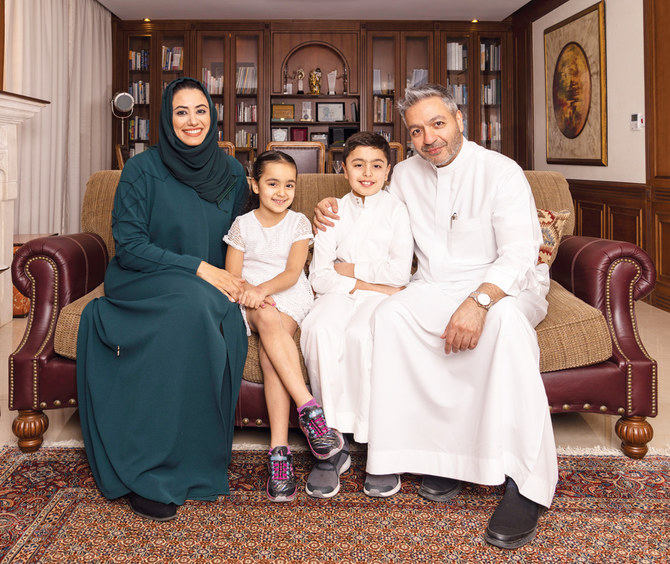I remember exactly the moment I decided to pursue a career in technology. I was born into a home where there were hundreds of computers and devices lying around. My father is an electrical engineer who founded a software company and then went on to run several other IT companies. He was a CEO by day and a gamer by night. Technology was a way of life for us and our house was a perpetual computer lab. Whenever he would dismantle a PC to install a new graphics card, he would use my small hands to hold the tiny screws for him, and I knew then as I stared in fascination at my dad whilst he operated on the mysterious green board, shiny interior and intertwined highway looking cables, that I would be hooked for life.
My career formally started at Cisco, a global leader in networking solutions. It was a dream come true to me. Reality hit me very quickly when there were not many other women around, especially after graduating from an all-girls school. I realized then that a noble higher calling would be to play an active role in bringing more women into the workforce and collectively working with everyone on creating a positive environment that celebrates diversity. However, after many years of dealing through the various challenging and rewarding situations, those colleagues became my friends, supporters and mentors. It was the growing pains that we, as a society, had to go through to transform, to find the right balance and the right culture that defines the new Saudi Arabia.
As our country marches into the future, global markets and technology will undoubtedly be the underlying enabler for many years to come. That is how I got to where I am today as a consultant in digital transformation with Accenture. I work with many clients everyday on leveraging technologies such as big data, the Internet of Things and Cloud Computing to change the way they do business and to enable them to innovate and deliver new digital experiences that are memorable and customer-centric. Change is happening quickly, and I am fortunate to be part of this positive momentum.
"There are so many wonderfully talented professional women in the market, but many employers have difficulty finding them. This invisible cultural barrier is slowly disappearing."
Talent shortage in technology is no joke, we are racing against time to fill the jobs required to execute all the digital transformation initiatives. Employing women is no longer optional, it is mandated by the government. I cofounded a nonprofit called “CellA,” which means “connection” in Arabic, in order to promote women’s economic participation in Saudi Arabia, supported by Al-Nahda Foundation. Professional women needed a platform in Saudi Arabia to connect to find jobs and to grow their careers through inspiration, mentoring and personal development. We held regular meetings and ran many events where great female role models spoke about their journey and the challenges they faced. I am so proud of the incredibly positive force of energy we created for women in Saudi Arabia.
There are so many wonderfully talented professional women in the market, but many employers have difficulty finding them. This invisible cultural barrier is slowly disappearing. However, over the years I have met and spoken with hundreds of women and I understand many of the problems and challenges they face. I continue to speak up and advocate for them and be personally inspired by their achievements and stories.
Recently, we held the largest meetup for women in technology in Riyadh, at the Ministry of Communication and Information Technology. 1,500 women attended all-female technical panels and workshops. Today, no one can say that there are no women in cybersecurity, data science or any field of technology. It has been a great and rewarding personal journey, from feeling lonely to seeing hundreds like me, sharing the same passion and aspirations and realizing great career heights.
Like my father, my mother also influenced my personality and brought me balance. She is the reason I look up from the screen of my computer and to try to connect to people. She taught me kindness, empathy and positivity. She taught me to how to love life and give love. I have been blessed with a son and a daughter and a wonderful husband. It is for my family that I work and hope for a brighter and better future. I am blessed to be in a professional position that sets the foundations for the future of my country.






























